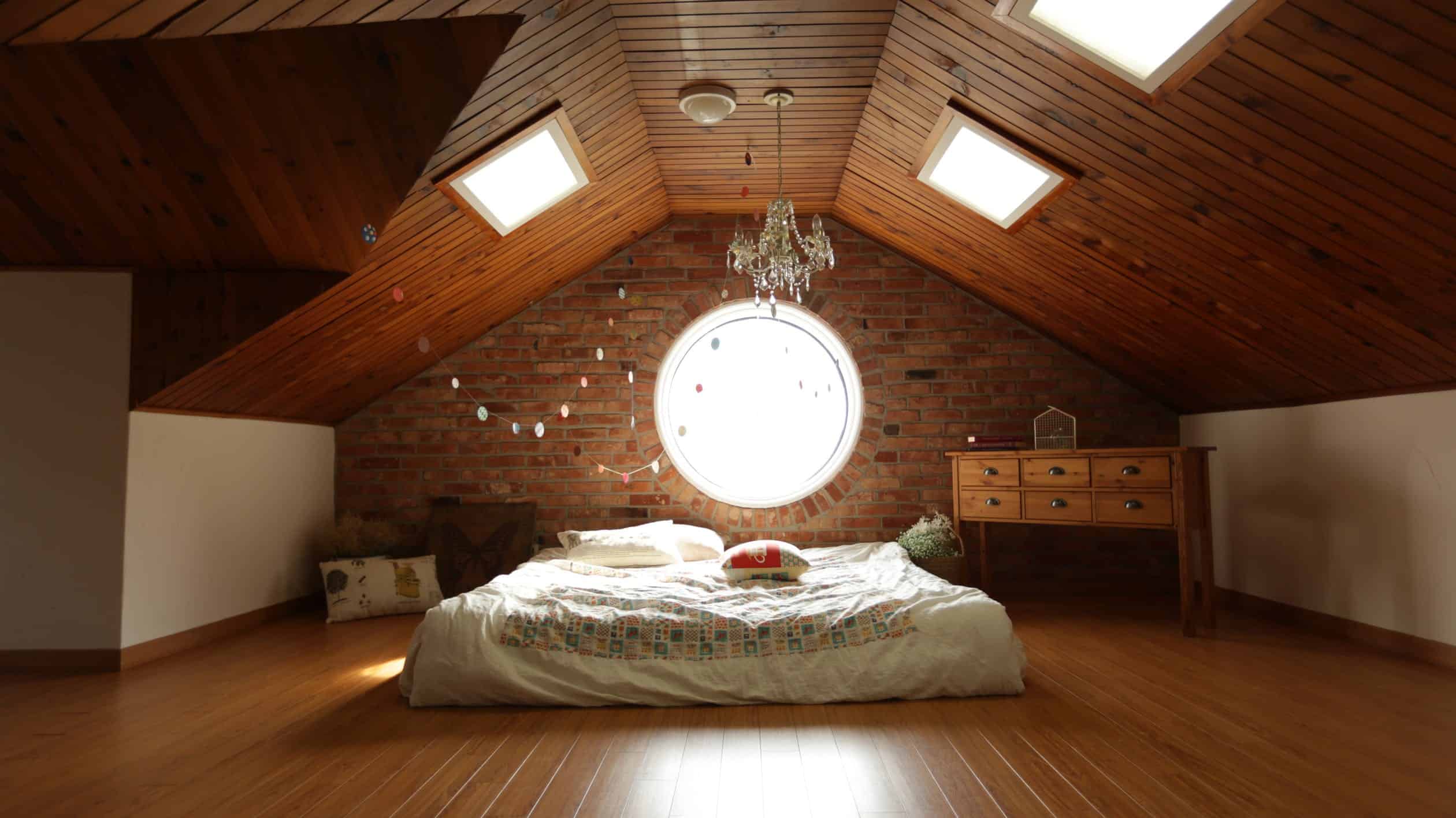We all want to feel happy and healthy. One of the most effective ways to achieve a happier outlook on life is simply by getting enough sleep. Although, this can seem easier said than done. The correlation between rest and happiness has been studied extensively. So let’s explore how quality sleep can boost your mood and how you can achieve it.

Quality Sleep and Happiness: A Match Made in Heaven
After a bad night’s sleep filled with tossing and turning, we usually aren’t feeling our best for taking on the day ahead.
Researchers at the University of Pennsylvania discovered that people who only got four-and-a-half hours of sleep a night in one week reported feeling miserable, annoyed, stressed, and mentally exhausted. But when normal sleep resumed, they felt significantly happier.
Other studies have even shown that adequate sleep can leave you feeling happier than receiving a paycheck boost. What’s more, many experts state that sleep is vital to success, which is also likely to lead to a more optimistic outlook.
Think it’s tough to enhance sleep patterns? It doesn’t have to be. According to eachnight—experts on how to achieve better sleep—even simply switching your mattress could boost rest and happiness. But before we get into improving sleep, how exactly does quality sleep equal a good mood?
Quality Sleep Regulates Stress Levels
The stress hormone, cortisol, is released to help us deal with anxious situations. But when cortisol levels are consistently high, it can negatively affect our mood.
According to studies detailed on Healthline, lack of sleep makes cortisol levels spike, which can lead to feelings of sadness and even depression.
Quality Sleep Clears the Brain
Did you know that quality sleep acts like a ‘dishwasher’, clearing the brain of toxins as we rest?
This process re-energizes our minds and gives us that ‘ready and prepared’ feeling to take on the next day with a positive outlook.
Good Night’s Sleep Boosts mood
Sleep deprivation contributes to irritability, sadness, and anxiety.
Some studies suggest that poor sleep increases amygdala activity (connected with negative emotions) and disrupts the connection between the part of our brain that monitors and regulates these feelings.
So, if something annoys or upsets you, you could be less equipped to deal with it if you have not had enough sleep.
Good Night’s Sleep Improves Concentration
Most of us highly value our careers and take pride in doing well at work; not getting enough sleep, however, can lead to reduced levels of concentration and energy.
In turn, this can harm how well we perform in the office and even negatively affect our chances of promotion, pay raises, and positive feedback. All of which can lower our mood.
Quality Sleep Helps with Weight Control
Many studies around the world have found that sleep is linked to weight. Getting adequate rest reportedly helps you keep your waistline in check by:
- Reducing the risk of hunger pangs.
- Lowering calorie-per-day intake.
- Helping you make healthier food choices.
- Providing more energy to exercise.
It’s no secret that feeling good about your body leads to a happier personal outlook, but poor sleep that makes your body crave sugary drinks and avoid workouts can increase the risk of low mood.
Good Night’s Sleep Improves Physical Wellbeing
Sleep deprivation is not only harmful to our mood, but it can also reportedly cause heart problems and diabetes.
Being physically unwell can impact our relationships, finances, and jobs, as well as how positive we feel about our lives.
Quick fixes to improve sleep
Since most medical organizations stress the importance of quality sleep for optimal physical health, as well as emotional stability, it’s clear that you should think about boosting your quality of shut-eye. Let’s explore how.
Natural light
Try and spend time in the sunshine as much as you can. Natural light affects your body clock, which tells you when to rest—exposure to sunlight can improve sleep quality by helping you drift off at night.
Devices
On the subject of light, try to avoid using phones, tablets, and computers before bed. The blue light emitted by these gadgets makes our brains believe it is still daytime and lowers the release of melatonin, the primary sleep hormone.
Organization
Take time to make a sleep diary and schedule your activities, when possible, to allow you at least seven hours of sleep every evening. Getting into a routine should make falling asleep and waking up easier over time.
Bedroom
Invest in a quality mattress designed to support your body, make sure your room isn’t cluttered, and remove any electronic devices in your bedroom preventing you from unwinding.
Diet
Food and drinks high in sugar and caffeine can affect how quickly you fall asleep. We suggest avoiding caffeine 6 hours before bed, as its effects can take a while to wear off.
If you’re looking for a happier tomorrow, start sleeping better tonight!
photo source | adobe

